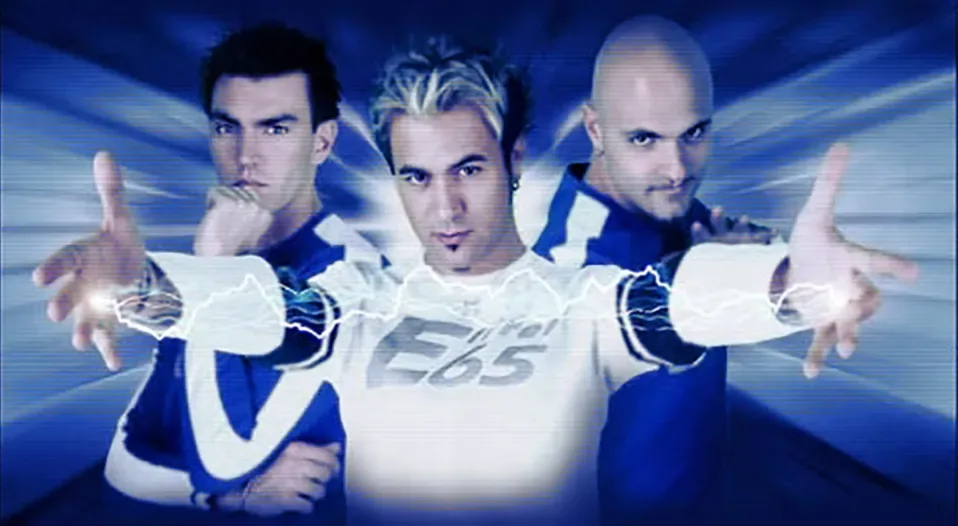Eiffel 65: A Tribute to the Sound That Colored a Generation
In the late 1990s, when music was riding a wave of electronic experimentation, one Italian group found the perfect formula to blend synthesized beats with emotional resonance. That group was Eiffel 65, and their legacy is forever stamped in pop culture thanks to one unforgettable song: Blue (Da Ba Dee). But to reduce their contribution to just one hit would be missing the point—they weren’t just a one-hit wonder, but pioneers of a genre and era.
Formed in Turin, Eiffel 65 emerged at a time when Eurodance was soaring in popularity. But unlike many acts of the genre, they injected a strange, almost melancholic soul into their sound. Their 1999 debut single “Blue (Da Ba Dee)” didn’t just fill dance floors—it entered the bloodstream of the global music scene. It was a sonic time capsule: vocoder-driven vocals, hypnotic basslines, and a story that felt oddly profound for a song with such a simple chorus.
Behind the music were Jeffrey Jey, Maurizio Lobina, and Gabry Ponte—three artists who understood how to blend melody and machine. Their debut album, Europop, became a commercial phenomenon. Tracks like Move Your Body and Too Much of Heaven proved that the group had more than just one trick up their sleeve. Their music wasn’t about shallow thrills; it was about translating emotion into a digital language we could all dance to.
After a few years in the spotlight, the group’s momentum slowed, and eventually, the trio pursued different paths. Gabry Ponte went on to find success as a solo DJ and producer, while Jey and Lobina explored new sounds under the name Bloom 06. Still, the nostalgia for Eiffel 65 never faded. Their songs became internet memes, featured in films and commercials, and were remixed by younger artists who grew up dancing to them.
In 2010, something beautiful happened: Eiffel 65 reunited. Fans old and new welcomed them back with open arms. Their reunion brought not only live shows and festival performances but also new material, like Panico—a reminder that their sound still had a place in the modern electronic world.
More recently, their collaboration with Loredana Bertè on the single Bestiale showed that they’re still evolving, still experimenting, and still relevant. It’s a rare thing for a Eurodance group to maintain cultural presence for over two decades, but Eiffel 65 isn’t just any group—they’re a symbol of a unique moment in music history.
To this day, whether it’s a nostalgic club night or a Gen Z meme page, Eiffel 65 continues to echo across generations. Their sound was futuristic, emotional, and endlessly catchy—proof that music, even at its most electronic, can still hit you right in the heart.


